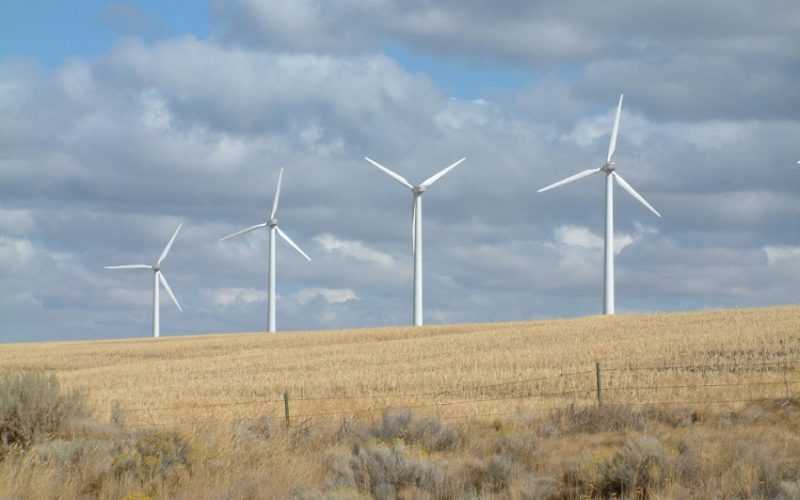Salem, OR – Oregon is launching a new $2 million initiative to enhance its renewable energy workforce and drive energy-efficient upgrades across the state. The Energy Workforce Training program, recently announced by the Oregon Department of Energy (ODE), is designed to provide technical education in energy-efficient installations for both new and existing workers, as well as contractors. The program is part of the state’s broader efforts to reduce greenhouse gas emissions and tackle energy burdens faced by many residents.
The funding, which will be distributed to community colleges, high school career and technical education programs, and trade organizations, aims to address a critical skills gap in Oregon’s renewable energy sector. The grants will support workforce training in four key areas:
- Heating, ventilation, and air conditioning (HVAC)
- Home energy auditing and modeling
- Contractor business development
- Home energy efficiency upgrades
Josie Cardwell, ODE’s energy analyst for workforce development and energy efficiency training, explained that the training would help contractors identify the most appropriate energy efficiencies for each home, ensuring that they provide quality installations. “This training for contractors will increase their ability to identify what energy efficiencies are most appropriate for each home and determine the correct size of equipment needed,” Cardwell said. “It’s about providing a real quality installation for homeowners.”
The initiative is a key component of the Climate Resilience Package passed by the Oregon Legislature in 2023. The package, which includes several bills aimed at reducing the state’s greenhouse gas emissions from buildings, also sets a target of installing 500,000 heat pumps statewide by 2030. According to ODE, the building sector is responsible for 34% of Oregon’s overall carbon emissions.
Addressing energy burdens is another key focus of the program. With 32% of Oregonians considered energy-burdened—spending more than 6% of their income on energy costs—this training is expected to help reduce costs by improving home energy efficiency. “Energy burden means that the household spends more than 6% of their income on energy,” Cardwell explained.
Beyond addressing climate and cost concerns, the program also aims to fill a critical workforce gap. Oregon faces a shortage of workers capable of installing the 500,000 heat pumps the state hopes to deploy by 2030. Additionally, a significant portion of the current workforce is expected to retire within the next five years, intensifying the need for new professionals.
“The workforce we have now is not enough to install 500,000 heat pumps, and many of them are retiring soon,” Cardwell said. “So this is an urgent need to get people trained and ready to help.”
The ODE expects to award grants ranging from $150,000 to $400,000 through a competitive process. At least $800,000 of the $2 million will be specifically allocated to programs that focus on training individuals from underserved communities or those working to serve these communities. While the additional funds do not have this specific requirement, the department will prioritize applications that serve environmental justice communities or those most impacted by carbon emissions and pollution.
The ODE is currently accepting applications from interested community colleges and other organizations through January 17, 2024. As the state moves forward with its clean energy goals, this training program is seen as a vital step in developing a skilled workforce that can meet the challenges of a sustainable, energy-efficient future.











